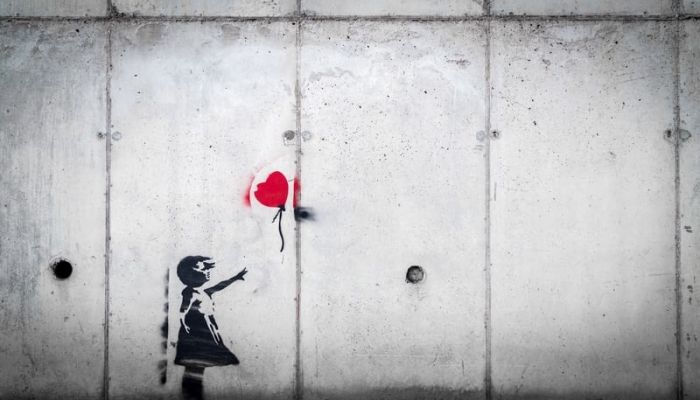Good mourning
5 March 2021

How embracing the grieving process helps us address its pain
Words Robyn Smartt
Life has rhythm – an ebb and flow that moves with us as we journey through experiences of connection and bonding, separation and loss. Acknowledging this normal part of living can help us move through sorrow and grief in a healthy way.
During COVID-19, we have all become aware of the toll it has taken on our overall wellbeing. Many of these impacts and responses are connected to the losses that we have felt during the pandemic. Whether we have lost our job and sense of security; lost a family member through death or find ourselves separated by border closures; feel a heightened anxiety regarding safety; are juggling working from home and homeschooling; or are feeling that our life has changed forever, it is helpful to acknowledge and grieve these impacts so we can move forward in a healthy way.
Grief impacts our whole being – physically, emotionally and spiritually. When confronted by our own grief response, we make choices that will determine our capacity to mourn in a healthy way.
Grief is intensely personal – no two experiences are exactly the same. The response to the loss of a spouse will be different to the loss of a child. How we deal with the death of a parent will vary, depending on the closeness of the relationship and the circumstances.
Divorce presents another kind of loss that can be complicated by shared custody of children. Empty-nest syndrome, relocating to a new city or loss of employment through layoff or retirement can also trigger grief.
It is important to know that children grieve differently to adults. They tend to mourn in spurts and in a way that is appropriate to their stage of development. Talking openly about the person who has died gives children permission to grieve, remember and ask questions. It is crucial that they do not carry false responsibility or guilt for the loss.
Grief is like falling into a deep, often chaotic, valley. At first, we may feel emotionally numb; we are still in a state of shock. As our emotions begin to thaw and we begin to feel the pain of our loss, emotional mood swings can leave us feeling exhausted and muddled.
Healthy grieving takes courage. Often our emotions can feel like waves that overwhelm us. In time, the intensity of these emotions will diminish as we move to a place of acceptance or forgiveness. Eventually, we can climb out of the valley with the new learning we have gained and interact with others with renewed energy.
If we don’t acknowledge our grief and do the work of mourning, our long-term health may be impacted by high blood pressure, headaches, clinical depression and somatic illnesses. Avoiding the pain of our loss can also leave us stuck and open to complicated grief that can emerge years later.
If you want to support someone who is grieving, it is important to recognise that different reactions are normal. But often it’s simply being with the grieving person that is the most important thing.
EMBRACE GRIEF PHYSICALLY
Get proper rest. Extra rest is needed during intense grieving. Getting to bed at a regular time each night allows the body to readjust. Naps during the early days of the journey are vital.
Maintain a healthy diet. The body requires good nutrition to stay healthy during the grieving process.
Exercise regularly. As you exercise, take the time to reflect on the outdoors, enjoy the sunshine, stop and smell a few flowers along the way. A 30-minute brisk walk releases endorphins in the body that reduce stress and help us feel better.
EMBRACE GRIEF EMOTIONALLY
Facing the grief process includes facing our emotions. Find a safe place to sit with the pain and face the fears of loss. Work through the feelings of anger, guilt, frustration, regrets and disappointments.
A strong support system of family and friends enables healthy emotions to surface.
A professional counsellor can also help provide insights into emotional upheaval.
The use of symbols can also facilitate a healthy remembrance of the loved one during significant days such as holidays or anniversaries when their absence is felt deeply. But as we embrace the pain of our loss we will continue to grieve in a healthy way.
EMBRACE GRIEF SPIRITUALLY
When we grieve it is helpful to focus on God’s mercy and compassion, through prayer, scripture and worship. Tell God about your grief and invite him to walk with you through each aspect of the day.
Major Robyn Smartt is Manager, Pastoral Services, The Salvation Army Australia.

Comments
No comments yet - be the first.